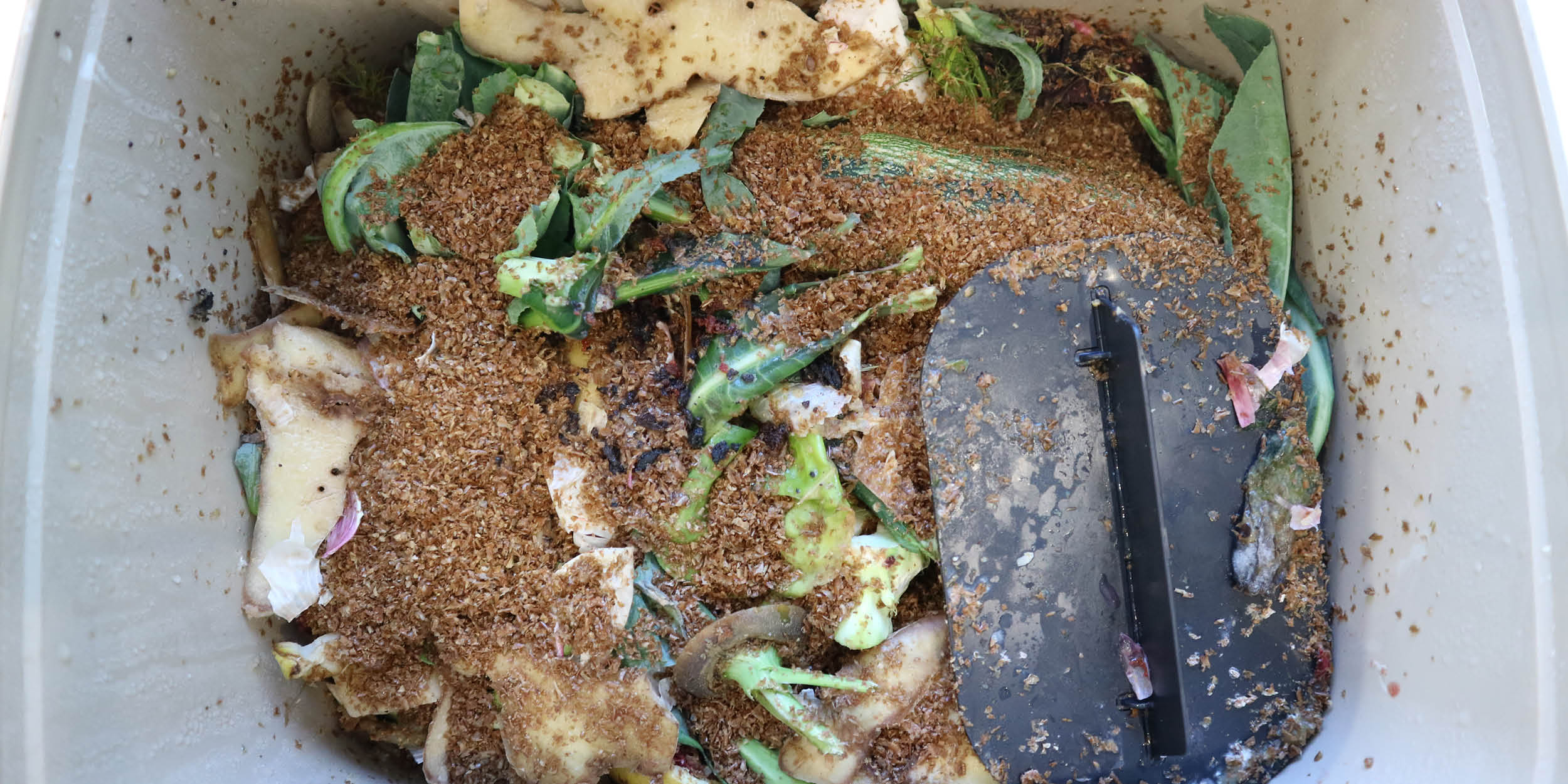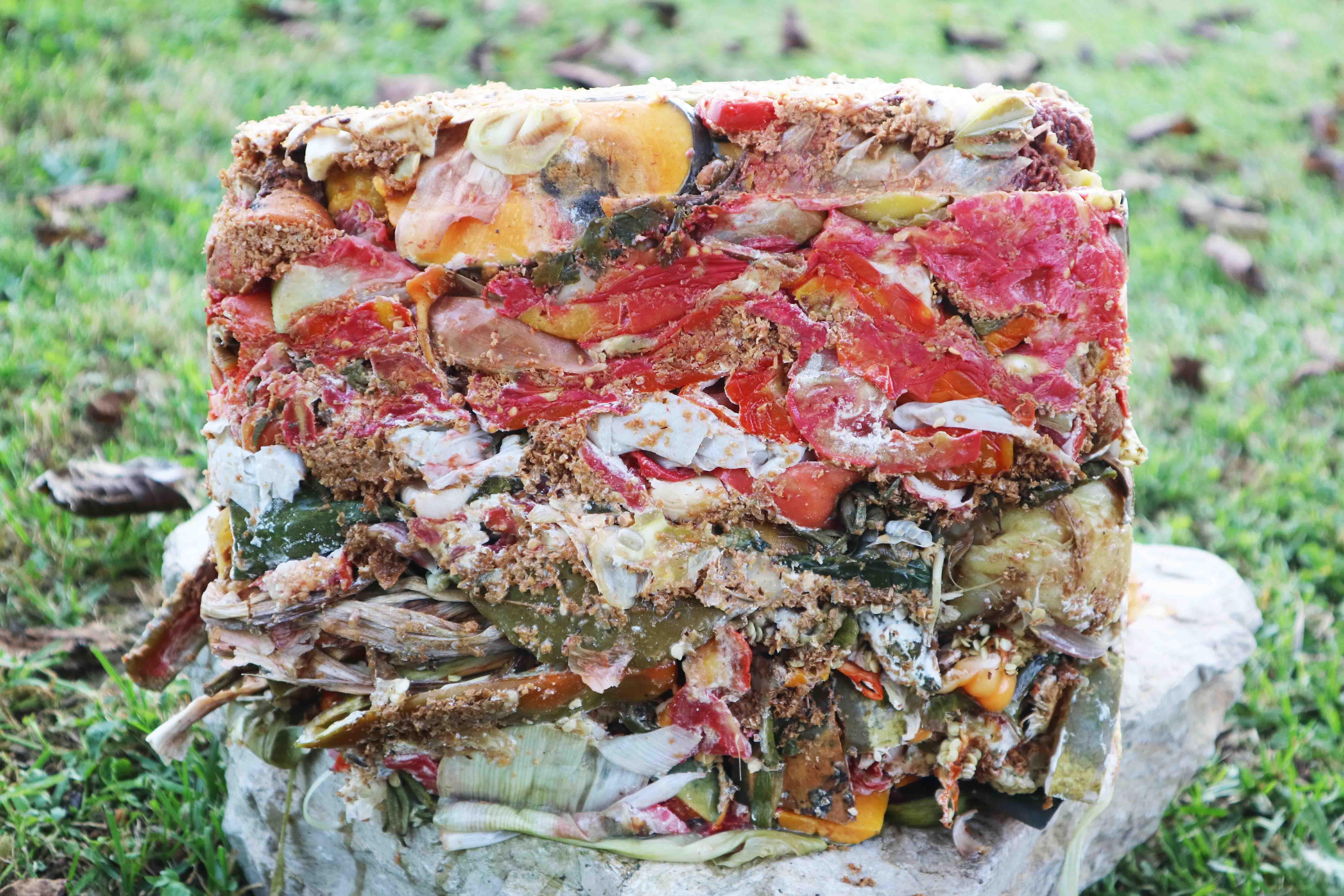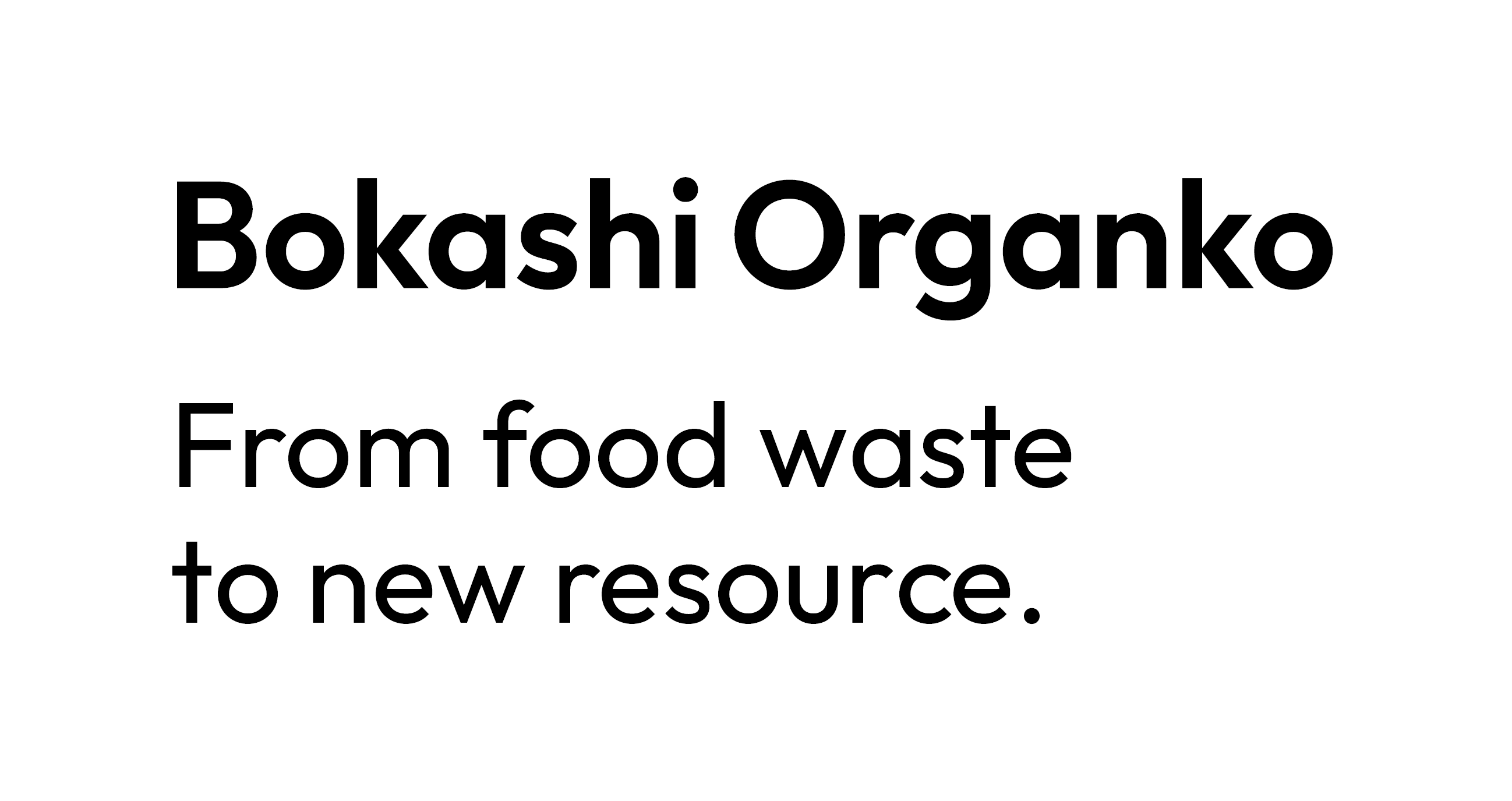While have talked a lotabout home compostingand food processing on our blog, we haven’t really discussed what is fermentation process. Despite the fact that fermentation happens on a microscopic level and is therefore hidden from our eyes, its effects are so evident that people have noticed (and tasted) them long before they could understand them.
There are several types of fermentation, but in the broadest possible way, they can all be defined as a metabolic process that produces chemical changes in organic substrates through the action of enzymes. We could further develop the question of what is fermentation process based on its use in different segments of industry and science (for example in biochemistry or food production), but let’s just focus on composting - what is the fermentation process which starts when we place food leftovers and other bio-waste in the kitchen composting bin?

Key features determining what is fermentation process
Fermentation is an anaerobic process, which means it can only occur in a place where there is little or no oxygen. This is actually one of its most significant features, which makes it different from decaying. If we leave food out in the open, we know it will soon start to rot. That is why proper composting bins, such as Bokashi Organko, should all have a special mechanism that creates a vacuum and prevents bio-waste from staying in permanent contact with air.
The absence of oxygen creates the perfect environment for special anaerobic microorganisms, which actually represent the key element in determining what is fermentation process. These tiny organisms need to be added regularly in order to enable bio-wase to ferment smoothly. In home composting, this means repeatedly adding Bokashi bran, a special mixture of effective microorganisms, water, sugar, and wheat/rice bran. Each of these ingredients has a vital role in - first - trigging the process itself and later keeping it running efficiently.

What are the advantages of fermentation?
All in all, the organic material does not change much visually. It gets softer and loses its vivid colors, but we can still recognize the initial material and its forms.
What makes fermentation so beneficial is the minimal loss of all main elements that build organic compounds (carbon, oxygen, hydrogen and nitrogen), despite changes in their form. Let’s take nitrogen for example, which is one of the more important elements for plants to grow. With classical composting most of the nitrogen gets lost by evaporation into the atmosphere in the form of ammonia (NH3), while in the fermentation process organic nitrogen found in proteins is converted into various amino acids available to plants as the ammonium ion (NH4) and amino acid chelates, which are even more beneficial to plants.

Use of the fermented mass
Since the fermented mass produced with home composting doesn’t lose much of its valuable elements, it represents a beneficial and totally natural way of enhancing garden soil. All you need to do, is bury it in your garden and wait a few extra weeks for the mass to entirely decompose. Then you can scatter it across the billets and use its powers to grow healthy crops.
The idea of using fermented bio-waste in gardening is getting more and more widespread and is even implemented on broader social levels. Such is the case in South Korea where public gardens are being fertilized with fermented food leftovers collected by local residents. Smart, right? This is just one great example of how science can improve natural processes and make them useful to all society.
You too can become part of this great sustainable cycle of taking from nature and giving back to it. Home composting has never been easier and is not just beneficial on an individual level, but it truly makes our planet a better place.


